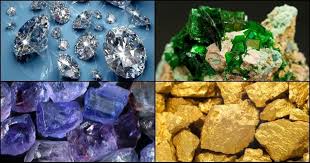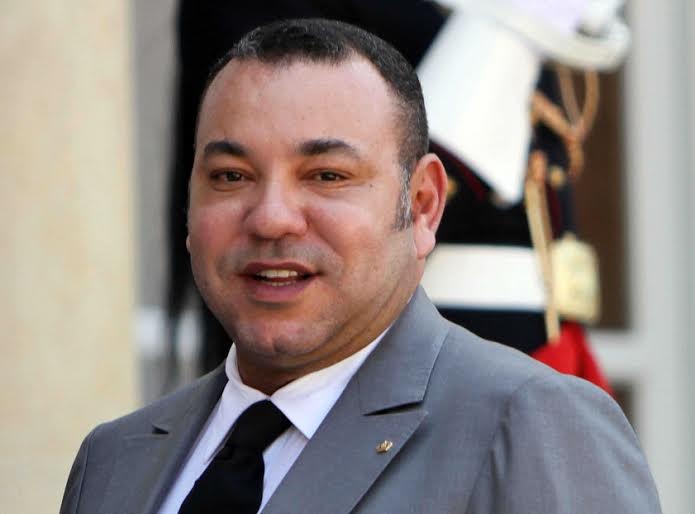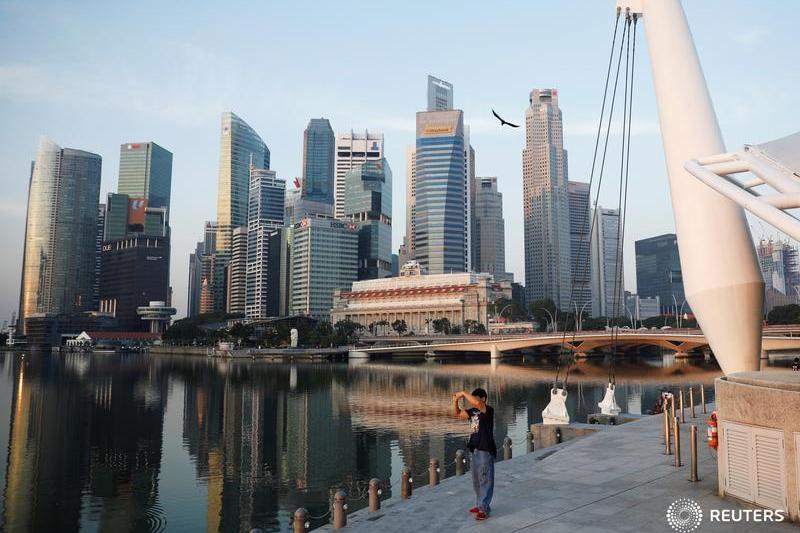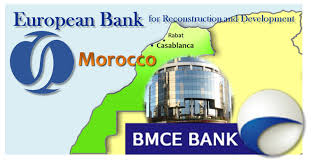South Africa and its neighbors were at the center of a tussle for influence this week when US Treasury Secretary Janet Yellen and Russian Foreign Minister Sergei Lavrov in turn arrived for a diplomatic visit, offering a rare moment of leverage for regional governments intent at using the opportunity to gain concessions and increase trade with both superpowers amid increased competition for Africa’s resources.
For the countries of Southern Africa, which hold very significant trade balances with the EU and US, but still maintain strong ideological and historical sympathies for Russia, that rivalry presents an opportunity. Both top US and Russian officials were on the hunt for broader international support, as the war in Europe’s east is pitting invading Russian forces against Ukraine’s army supplied with Western arms. “They have the opportunity to play one side off against the other to get concessions; to get more aid, more trade,” said Steven Gruzd from the South African Institute of International Affairs (SAIIA). “That’s precisely what we’re seeing at the moment.”
The war in Ukraine has only intensified long-standing great power competition for access to Africa’s abundant natural resources and the diplomatic prize of its 54 UN votes. But Africa’s voting patterns at the UN show a continent divided over which side to support in Ukraine’s war. During Lavrov’s visit, South Africa defended joint military drills planned with Russia and China as a “natural course of relations” between “friends,” thus thumbing its nose at a Western alliance it regards as too bossy and hegemonic. South Africa, the continent’s economic powerhouse, has been pushing, alongside Russia and China, for a “multipolar” world in which geopolitical power is less concentrated around the United States.



